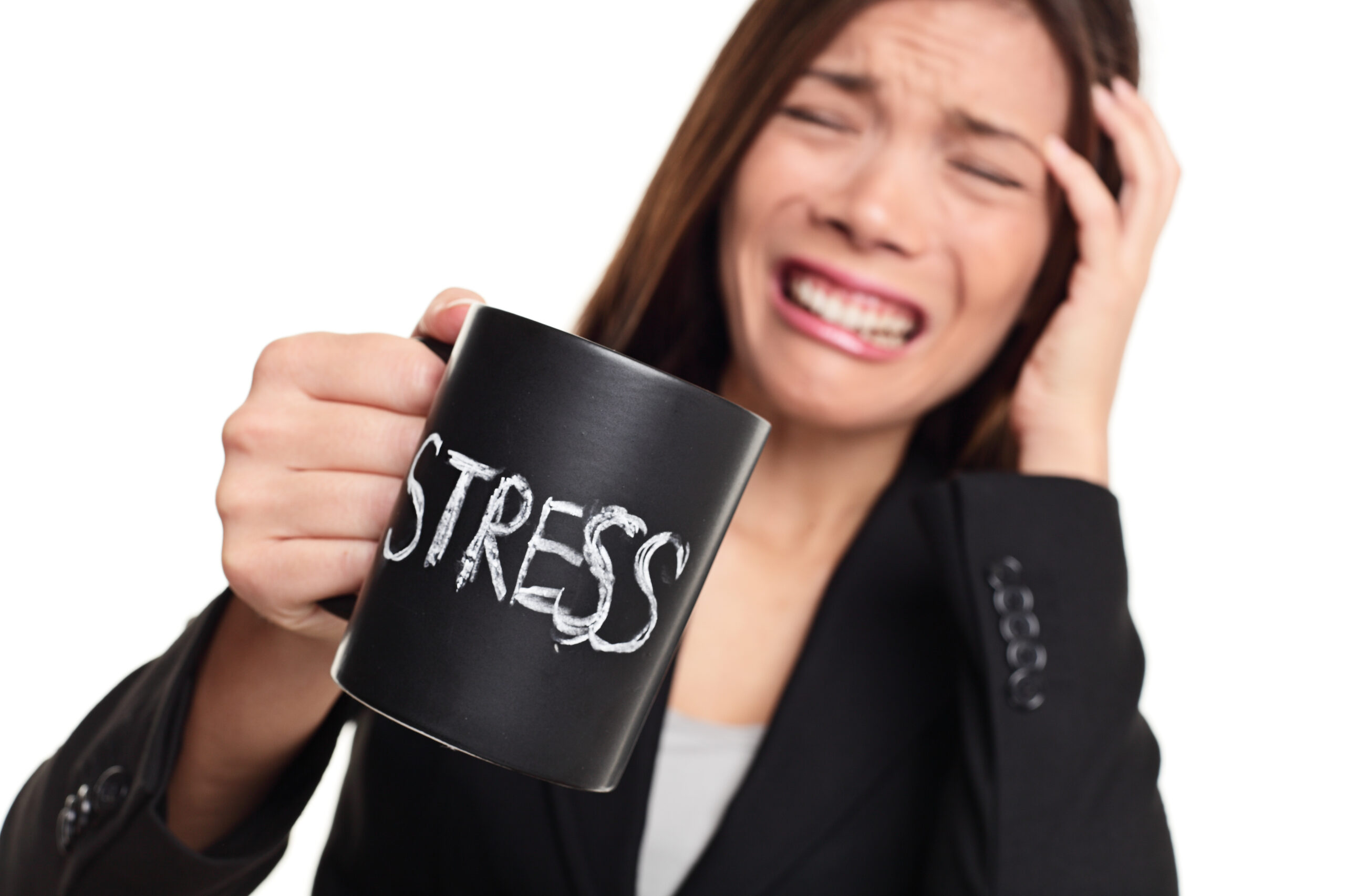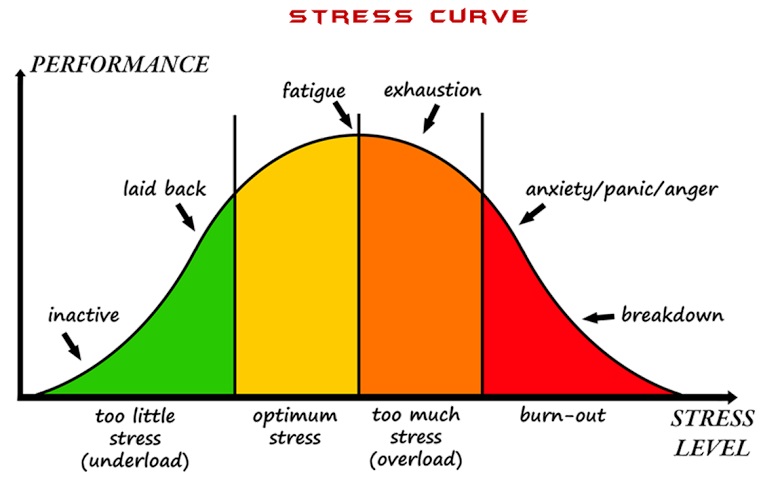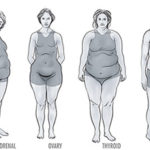
Stress hormones like adrenaline, epinephrine, and dopamine are constantly produced inside the human body, in small amounts, to help the organism handle the different forms of stress that occur during the day.
However, when a situation or thing is perceived by your brain as threatening, or when the demands and pressures associated with a current or future event are very intense, the list of stress hormones flowing throughout the body is completed with one more substance: cortisol. This hormone favors the release of glycogen from muscle stores and the liver, providing your body with a larger amount of immediately usable fuel.
From this point of view, cortisol seems like a good mate: it’s always there for a burst of energy in stressful situations, and it does more than speeding up the release of glycogen. Cortisol temporarily suppresses a series of processes, such as digestion and even the immune function, allowing your body to use all its concentration and energy for dealing with the stressful event. In other words, a series of biological processes are put on hold so that your body can put in all the needed effort.
Does your body need such a function? It surely does, because without cortisol to do all these things, you wouldn’t be able to cope with acute stress. However, there’s one downside here: not all the stress that you go through is acute, and your body is good only at dealing with this form of stress. When it comes to chronic stress, things change considerably.
Acute stress is the form of stress that’s present in your life on a regular basis, in the form of short, but intense episodes. Let’s say you almost got hit by a car: sweating, trembling hands, sharp stomach pain, irregular heartbeats, these are normal reactions to such an event and they’re the body’s response to acute stress episodes. But these symptoms don’t last for too long, because your body is designed to deal with this form of stress.
When something causes acute stress, the nervous system throws you into the so-called “fight or flight” mode; you become hyper-aware of the situation and your ability to handle the stressful event is maximized as previously mentioned.
Now the problem is that our modern lives come with chronic stress, and this form isn’t exciting at all. Chronic stress comes from pressures and demands that last for seemingly interminable periods of time, and this destroys the mind and body, altering the quality of life.

Acute stress manifests through tension headaches, stomach problems, heartburn, heart palpitations, and high blood pressure, cold hands and feet, chest pain, shortness of breath, muscular tension, or pain, irritability and anxiety.
Chronic stress, on the other hand, comes with abdominal pain and discomfort that lasts, with concentration problems, headaches, depression, lasting anxiety, hypertension, panic attacks, sleep problems and social isolation tendencies. It can lead to violence, thoughts of suicide, stroke, and heart attack.
Yet, we’re more used with chronic stress than with acute stress – chronic stress is always there, and at a certain point we become unaware of its presence. However, its constant presence depletes the mental and physical resources and all of a sudden we find ourselves exhausted, both mentally and physically.
Faced with continuous stress, the body does react, but not in the healthiest way: to cope with the demands and pressures, we skip sleep hours, overeat, overtrain until our body is exhausted. All these quickly lead to imbalances that affect all your organs.
Chronic stress and sleep deprivation, which are strongly linked, favor inflammation, weight gain, insulin resistance, adrenal fatigue, and illness. The immune system gets compromised, sleep becomes insufficient and inefficient, cortisol no longer gives bursts of energy and the food is no longer chosen to nourish the body, but to provide higher doses of immediately available energy.
Sleep deprivation “feeds” chronic stress, so if you’re no longer efficient at handling daily pressures, you might want to check your sleep schedule and do your best to improve it. Start by making sleep your priority and removing those factors that could interfere with your sleep – disconnect from your PC, turn off the TV and make sure to allow your body to get at least 6 hours of sleep. Commit to this program and schedule your day in a manner that won’t get you doing last-minute chores right before bedtime.
Do your best to get in bed before 11 p.m., as the body needs quality sleep, not just sleep. Serve dinner 3-4 hours before going to sleep, to allow your digestive system to break down all the food and restore the glycogen stores overnight. Avoid drinking caffeinated beverages after 3-4 p.m. and opt for protein-rich foods for dinner instead of carb-based products.
If you work out, practice your exercises in the morning or 4-5 hours before bedtime, and if it helps, take a warm bath to relax the muscles and relieve the tension from your body. Meditation, reading, listening to some relaxing music can also be useful for putting the body in a less tense state. Experience different stress management techniques until you find the combination that works best for you and stick with it.
How do you cope with chronic stress? Join our Facebook community and share your thoughts with us!

Updated on: 08.09.2021 The lymphatic system is involved not only...

Stress can make you gain weight – we’ve heard this...

Various theories exist to answer this question. As you will...

Our series of whole body vibration machine exercise articles continues...

Both rebounding and jumping on a trampoline are excellent ways...